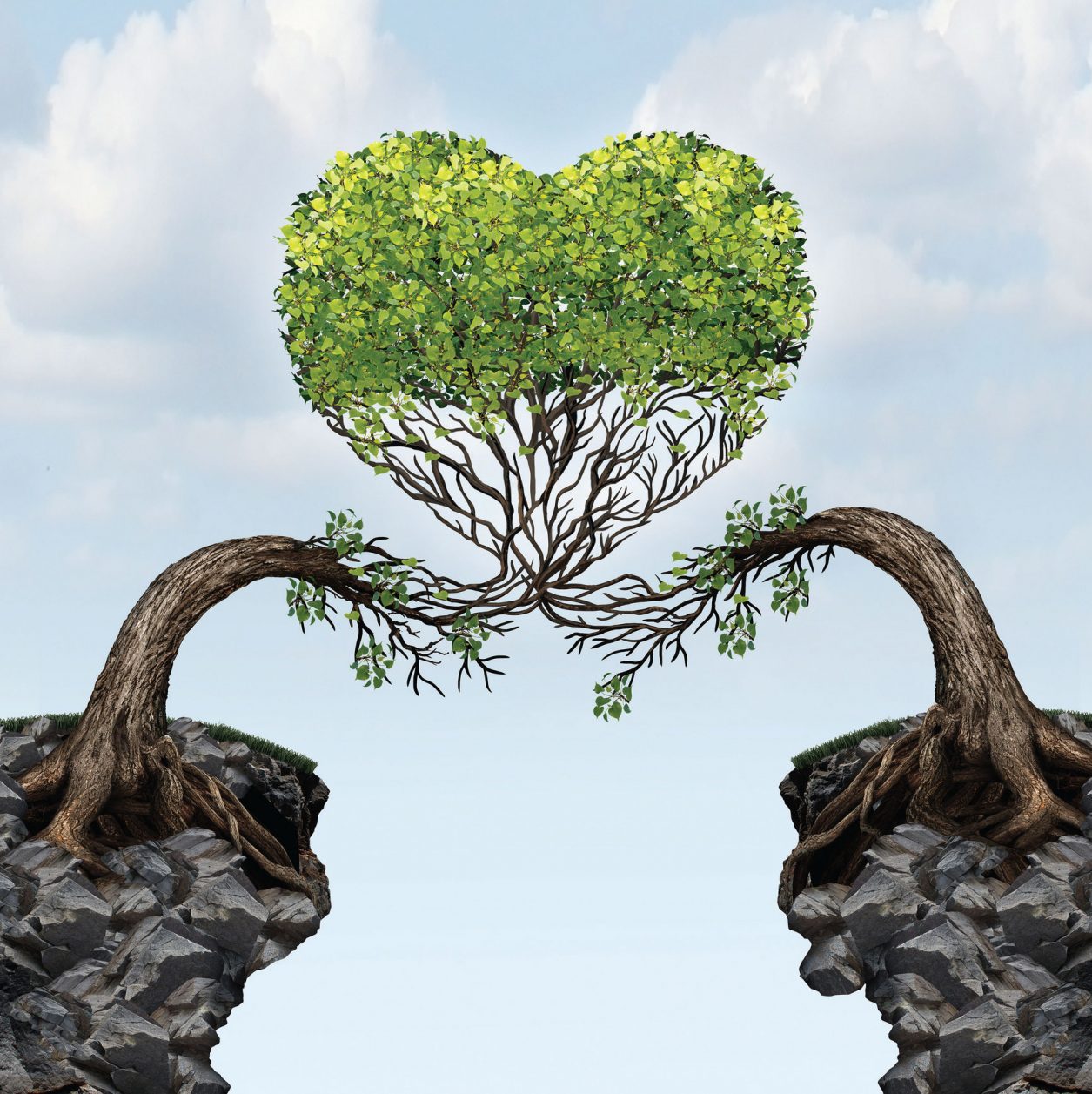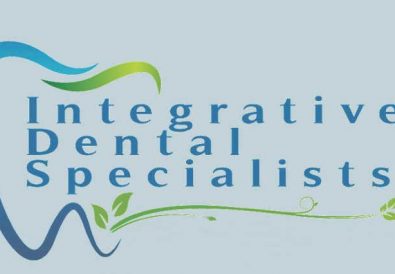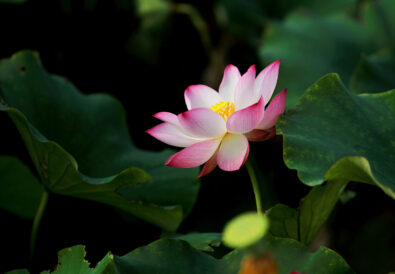Instead of viewing the time we spend with friends and family as luxuries, we can see that these relationships are among the most powerful determinants of our wellbeing and survival.
~ Dean Ornish
During the holidays, what is more important than connection? The holiday season affords us the opportunity to celebrate with loved ones, friends, and neighbors. It gives us reason to pause and rejoice in seasonal traditions. We have permission to smile at passersby and enjoy our sense of humanity.
Our connection to friends, family, community, and the world is what makes us human. John Donne’s quote “No man is an island” defines our humanity. We are hive creatures by nature and thrive in relationship to one another.
Our social relationships are crucial to our well-being. Yet sometimes loneliness is present. It creeps up when feeling we don’t belong anywhere. We suffer and long for connection. Social networks and friendships keep us vital and healthy. When these connections are lacking, especially during the holidays, our sense of loneliness is compounded as we feel left by the wayside.
Oxytocin, also called the “love/bonding” hormone, is released in our bodies when we feel connected to one another. It’s released during childbirth but also when hugging, touching, and laughing together. Research shows that it increases our levels of trust, kindness, empathy, generosity, and happiness. It contributes to our overall well-being which makes it essential that we connect in a caring way with others. When our social connections are limited or unavailable, the holidays can put us into a state of joyless being.
According to the World Health Organization, depression is currently the leading cause of disability worldwide. A major cause of depression is loneliness. Loneliness affects the young and old. It is toxic to our health and well-being. It has the equivalent risk factor to our health of smoking 15 cigarettes a day. This shortens our lifespan by eight years! Loneliness puts us at risk for coronary artery disease, high blood pressure, cognitive decline, poor healing, onset of disability, and at very worst, suicide.
There are various initiatives to combat this growing world-wide problem. A campaign in the UK called Campaign to End Loneliness addresses loneliness among older people. According to their research, more than half of lonely people miss having someone to laugh with, hug, share a meal, hold hands, take walks, celebrate holidays, or simply pass the time. Another loneliness initiative in the UK is the Be More Us campaign whose motto is “Small moments count. So don’t be a stranger. Let’s be more together…open. Let’s Be More Us.”
In the U.S., AARP Foundation has a platform called Connect2Affect to address social isolation and loneliness. Start With Hello is a violence prevention program by Sandy Hook Promise that addresses social isolation and loneliness among children and adolescents that teaches students the skills to help them reach out and include others, developing a school-wide culture of connection.
With all our modern advancements, we struggle with a global depression and loneliness epidemic. Something that is so essential to our survival is slipping away. Our sense of connection has been severed even further with our distortion of tribal inclinations in our politics and religions. The tides are turning as they drown us in separation and sadness. So, what can we do?
The holidays are a time for us to celebrate with our loved ones but also a time to reach out and connect beyond our circle. Starting with simple gestures like a smile and wave to a neighbor are good starts. The other day, I had a fortune cookie that read, “A smile is a curve that can get a lot of things straight.”
Take the time to notice who is sitting alone at work or school. Smile, say “hi” and start a conversation. Be curious. Phone a friend. Have that drink or lunch you keep promising. Try something new. Join a class or a club in a local adult education center and make a friend. Volunteer your time at a community center, school, nursing home, church, temple, senior center, soup kitchen, animal shelter or anywhere you think you could make a connection.
Create a Loneliness Awareness Week in your community and see how many local vendors and neighbors will get involved. Write a note to a family member, friend, or someone at work, on the train, in a store or anywhere telling them something you noticed about them that’s awesome or thanking them for being them. Do a Random Act of Kindness when least expected and watch the energy shift around you. Consider exploring a program like one mentioned above, that bridges the gap and makes connections. Get involved. Reach out. Share the love. Make a connection!
Milissa Castanza Seymour M.S., C.H. is a N.Y.S. certified teacher with over twenty-five years healing arts experience. She is a certified Positive Psychology practitioner/Inner-Soul coach and professional, practicing Numerologist whose accomplishments include multiple certifications: Prana Yoga, Integrative Yoga Therapy/Holistic Health Educator, Consulting Hypnotist, Reiki Master Teacher, Flourishing Center certified Positive Psychology Practitioner/Coach. www.inner-soulcoaching.com




















